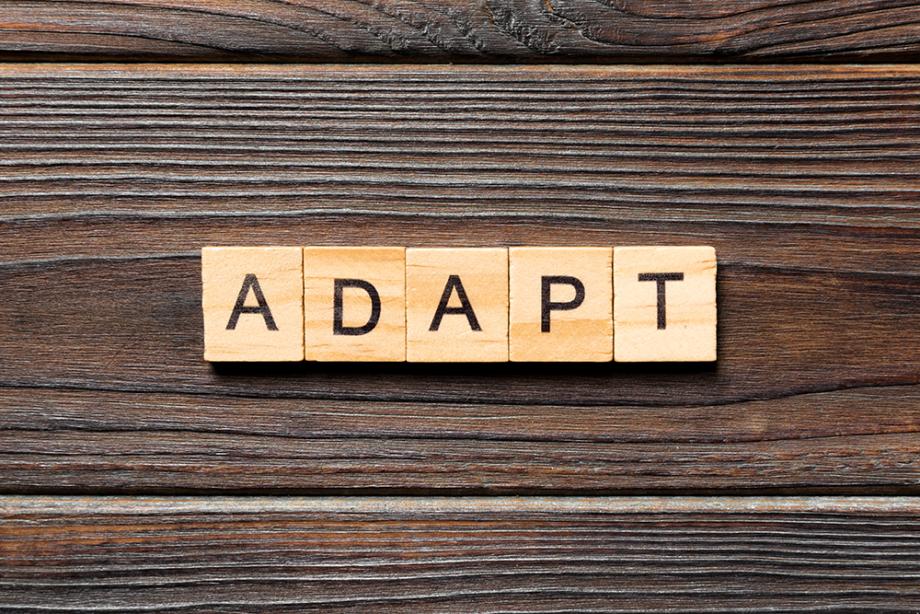Well, when I put that question to the talented members of the Scottish Institute for Business Leaders this week, their wide-ranging and insightful answers included a clutch of stand-out insights:
• It’s a complex concept
• Too much energy is required
• It’s not easy to measure
Let’s take those in order:
1. The dictionary simply defines Adaptability as ‘the ability to adjust to new conditions’. But to understand it in a way that helps influence behaviour, at High Performance Change we use the classic ‘head-heart-hands' model to define Adaptability Intelligence as the Venn Diagram of curiosity-courage-velocity. And to achieve any one of those behaviours requires that you control your fear and manage your anxiety – neither of which are subjects that most leaders are comfortable talking about, let alone tackling. So yes, Adaptability is indeed a complex concept. That’s why we created a roadmap to simplify its understanding and help people navigate their way towards mastering this key skill.
2. As Lockdown so amply and painfully demonstrated, most businesses permanently operate on the ragged edge of survival and it doesn’t take much to knock them over. Embracing the risk, expense and disruption of change is quite understandably in the ‘too hard’ box for many. But here’s the unpalatable truth: assuming that you’re running your business for the long term, you’re going to need to build in the breathing space that will allow you to change in order to keep up with the shifting sands of your customers, competitors and regulators. ‘We don’t have time to think about a different tomorrow because we’re fully booked chasing our tails today’ is a perfectly reasonable excuse for not adapting, but an excuse nonetheless.
So yes, taking time out to learn how to raise your Adaptability Intelligence in the classroom - the result of which will be the need to take more time out to design and execute change in the workplace - is time no-one has. But paradoxically, if you don’t find that time, you’ll find yourself with all the time in the world.
3. Our priority is to manage the status quo. At a stretch, we may then be able to survive being thrown into a change project. But there’s little to no chance that we’ll be left with the time or energy or budget to learn how to develop our adaptability.
Those activities are prioritised in that order for a reason. The status quo is proven to pay the bills. The change project will cost money but it has a tangible payback attached in the not-too-distant future. But learning to become more adaptable just costs money without being tied to any specific future outcome.
Yes, Adaptability is hard to measure (although the ‘Beyond the Horizon’ paper by Cognosis and a whole bank of psychometric tests by thought leaders like AQai out there prove it can be done). But are leaders really going to use that as a reason not to develop adaptability in their organisations? ‘We filed for bankruptcy after we failed to move with the market, but on a positive note we didn’t waste a cent on any of that intangible Adaptability training that we couldn’t track directly to the bottom line’. There are strong reasons not to prioritise adaptability. But none of them are as strong as the cast-iron guarantee that you’ll have to adapt.
I'm an Adaptability Intelligence specialist, so if you’d like to explore how adaptable you are – and can become – call me on 07873 823 800 or visit my website.


